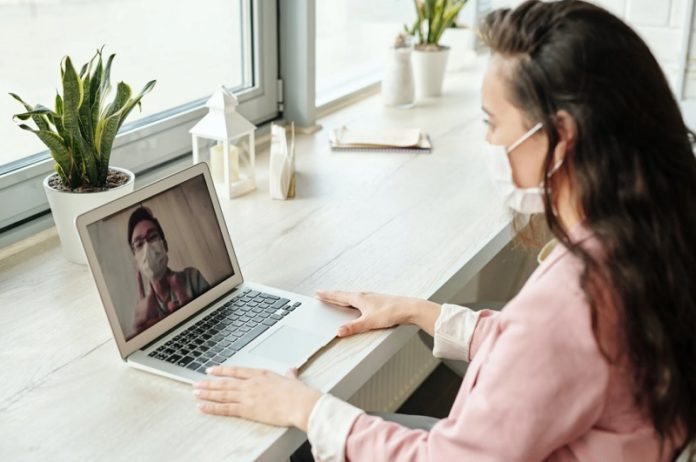Singaporeans now engage with online video for an average of four hours and 47 minutes daily, to stay informed by live streaming speeches and press conferences during the COVID-19 pandemic.
This is one of the highest video consumption rates globally, according to a new report from Limelight Networks Inc.
And as Singaporeans spend more time at home, online video is enabling new forms of interactive entertainment to pass time. With traditional sports leagues on hold, 33% of Singaporeans have had their first esports experience in the past few months.
With other live events cancelled, 40% of Singaporeans attended their first virtual concert. Exercising has also gone virtual as workout facilities and gyms remain closed, and 38% of Singaporeans have participated in an online fitness class while another 25% to do so in the next six months.
In Singapore, 93% of respondents use video chat to feel more connected with friends and family, higher than the global average of 89%.
As the pandemic has forced consumers to work remotely, 94% of Singaporeans agree that online video equips them to maintain daily activities, higher than the global average of 79%.
Eight in ten Singaporeans have used online video to stay informed by watching live stream speeches and press conferences during the pandemic.
Healthwise, just 14% of Singaporeans have recently met with their doctor virtually, but this trend is expected to continue well beyond the pandemic with another quarter (27%) of Singaporeans planning to hold telehealth appointments in the next six months.
Also, Singaporeans are leading the way globally in embracing online learning, with 92% expecting that people will continue to use video-based platforms to learn following the COVID-19 pandemic.
“Applications such as remote collaboration, e-learning and telehealth, have been widely available for some time now,” said Edwin Koh, regional director of Southeast Asia at Limelight Networks. “But today, they’re essential to continuing daily activities and professional development in the current environment (and) it won’t stop once quarantine is over.”
















